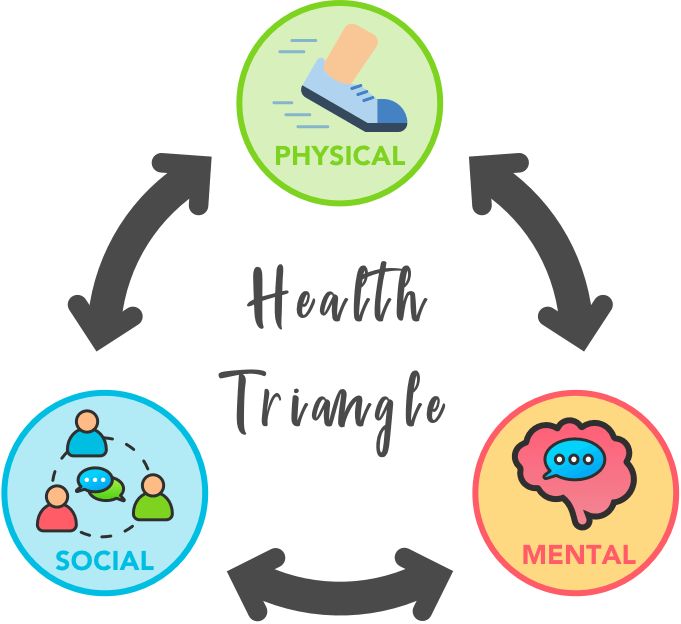Introduction
Wellbeing is a term that most of us are familiar with, but what exactly does it mean? In this article, we will explore the concept of wellbeing and why it is essential for individuals and society as a whole. We will delve into different aspects of wellbeing, its connection to happiness, and the factors that contribute to improved wellbeing.
Defining Wellbeing
Wellbeing is a broad concept encompassing various aspects of an individual’s physical, mental, social, and emotional health. It includes not only the absence of illness but also the presence of positive aspects in one’s life, such as a sense of purpose, satisfying relationships, and resilience in the face of adversity.
One crucial point to note is that wellbeing is subjective – what contributes to one person’s wellbeing may not hold the same importance for another. Hence, understanding personal values and priorities is crucial in determining ways to improve one’s own wellbeing.
Why Does Wellbeing Matter?
The importance of wellbeing is multifold, as it affects multiple dimensions of our lives:
1.Personal Health: Good physical and mental health is integral to an individual’s overall wellbeing. Positive health behaviours like exercise, balanced nutrition, and adequate sleep contribute to improved physical health, while practising mindfulness and other stress-reduction techniques can improve mental health outcomes.
2.Productivity: Research has shown that individuals with higher levels of wellbeing are more likely to be productive at work and engaged in their tasks. Organizations that prioritize employee wellbeing often report increased productivity levels.
3.Relationships: Emotional wellbeing plays a significant role in nurturing healthy relationships with partners, family members, friends, and colleagues. Improved communication skills and empathy are directly linked to increased relationship satisfaction.
4.Social Cohesion: Studies have indicated that communities with high levels of overall wellbeing are marked by increased feelings of trust among citizens along with higher levels of civic engagement.
5.Economic Stability: A society with a healthy and productive workforce, stable relationships, and strong social cohesion is more likely to prosper economically.
Factors That Contribute to Wellbeing
Various factors contribute to an individual’s wellbeing, such as:
1.Physical Health: Adopting healthy habits like regular exercise, proper nutrition, and sufficient sleep are fundamental for maintaining physical health.
2.Mental Health: Managing stress, seeking support when required, and fostering emotional resilience are vital aspects of mental health that impact overall wellbeing.
3.Social Connections: Building strong social connections is essential for improving feelings of happiness and combating loneliness, which can be detrimental to wellbeing.
4.Purpose and Goals: Working towards a sense of purpose or achieving meaningful goals contributes to feelings of fulfillment and improves overall mental health.
5.Work-Life Balance: Striking an appropriate balance between personal and professional obligations is essential for preventing burnout and enhancing overall happiness.
Conclusion
Wellbeing is a multidimensional concept encompassing physical, mental, social, and emotional health. Understanding the factors that contribute to individual wellbeing can help foster a happier, more engaged population that benefits society as a whole. Prioritizing personal wellbeing not only leads to improved health but also results in increased productivity, stronger relationships, enhanced social cohesion, and economic stability.





